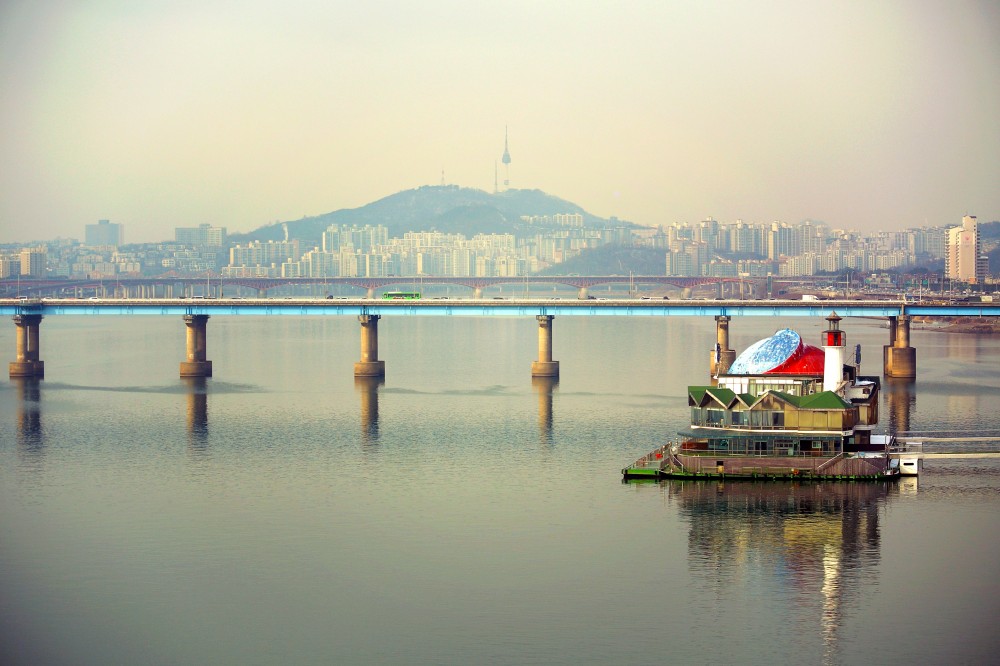Charles Armstrong, ‘The Korean War and the East Asian Peace,’ European Journal of Korean Studies,’ Vol. 17, No. 1 (Summer 2017).
Abstract: Following a century of nearly continuous violent conflict, the East Asian region has not experienced major inter-state warfare since 1979. At the same time, the divided Korean peninsula has been in a state of military tension and hostility just short of warfare since 1953. The co-existence of the “East Asian peace” and the Korean conflict may not be as paradoxical as it appears. The frozen conflict on the Korean peninsula has been at the centre of East Asian geopolitics since the early Cold War, in effect serving as a substitute for direct hostilities among China, the US, Russia and Japan. Ultimately however the Korean armistice, and hence the East Asian peace, is a fragile construct based on a military standoff that could easily break out into open warfare. The East Asian peace cannot last without a long-term solution to the “Korean question”: the problem of sovereign authority and external influence on the Korean peninsula that has been central to East Asian history since at least the nineteenth century.
Keywords: Korean War, peacebuilding, Korean armistice, regional peace mechanisms.
